Dayanand Saraswati (pronunciation) (born Mool Shankar Tiwari; 12 February 1824 – 30 October 1883), was an Hindu philosopher, social leader and founder of the Arya Samaj, a reform movement of Hinduism. His book Satyarth Prakash has remained one of the influential text on the philosophy of the Vedas and clarifications of various ideas and duties of human beings. He was the first to give the call for Swaraj as “India for Indians” in 1876, a call later taken up by Lokmanya Tilak. Denouncing the idolatry and ritualistic worship, he worked towards reviving Vedic ideologies. Subsequently, the philosopher and President of India, S. Radhakrishnan, called him one of the “makers of Modern India”, as did Sri Aurobindo.
Those who were influenced by and followed Dayananda included Madam Cama, Pandit Lekh Ram, Swami Shraddhanand, Shyamji Krishna Varma, Kishan Singh, Bhagat Singh, Vinayak Damodar Savarkar, Bhai Parmanand, Lala Hardayal, Madan Lal Dhingra, Ram Prasad Bismil, Mahadev Govind Ranade, Ashfaqullah Khan, Mahatma Hansraj, Lala Lajpat Rai, Yogmaya Neupane, Vallabhbhai Patel and others.
He was a sanyasi (ascetic) from boyhood and a scholar. He believed in the infallible authority of the Vedas. Dayananda advocated the doctrine of Karma and Reincarnation. He emphasized the Vedic ideals of brahmacharya, including celibacy and devotion to God.
Among Dayananda’s contributions were his opposition to untouchability, promotion of the equal rights for women and his commentary on the Vedas from Vedic Sanskrit in Sanskrit as well as in Hindi.
Early life
Dayananda Saraswati was born on the 10th day of waning moon in the month of Purnimanta Phalguna (12 February 1824) on the tithi to an Indian Hindu Brahmin family in Tankara, Kathiawad region (now Morbi district of Gujarat). His original name was Mool Shankar Tiwari (Trivedi, in its original form) because he was born in Dhanu Rashi and Mul Nakshatra. His father was Karshanji Lalji Trivedi, and his mother was Yashodabai.
When he was eight years old, his Yajnopavita Sanskara ceremony was performed, marking his entry into formal education. His father was a follower of Shiva and taught him the ways to worship Shiva. He was also taught the importance of keeping fasts. On the occasion of Shivratri, Dayananda sat awake the whole night in obedience to Shiva. During one of these fasts, he saw a mouse eating the offerings and running over the idol’s body. After seeing this, he questioned that if Shiva could not defend himself against a mouse, then how could he be the saviour of the world.
The deaths of his younger sister and his uncle from cholera led Dayananda to ponder the meaning of life and death. He began asking questions which worried his parents. He was engaged in his early teens, but he decided marriage was not for him and ran away from home in 1846.
Dayanand Saraswati spent nearly twenty-five years, from 1845 to 1869, as a wandering ascetic, searching for religious truth. He gave up material goods and lived a life of self-denial, devoting himself to spiritual pursuits in forests, retreats in the Himalayan Mountains, and pilgrimage sites in northern India. During these years he practised various forms of yoga and became a disciple of a religious teacher named Virajanand Dandeesha. Virajanand believed that Hinduism had strayed from its historical roots and that many of its practices had become impure. Dayananda Sarasvati promised Virajanand that he would devote his life to restoring the rightful place of the Vedas in the Hindu faith.

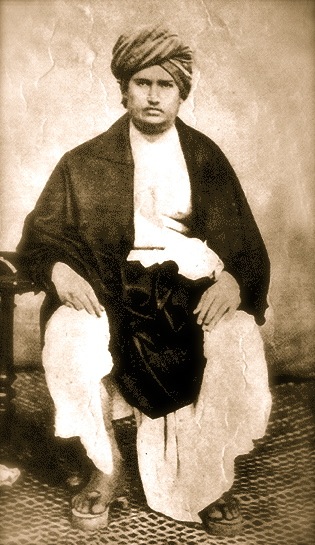
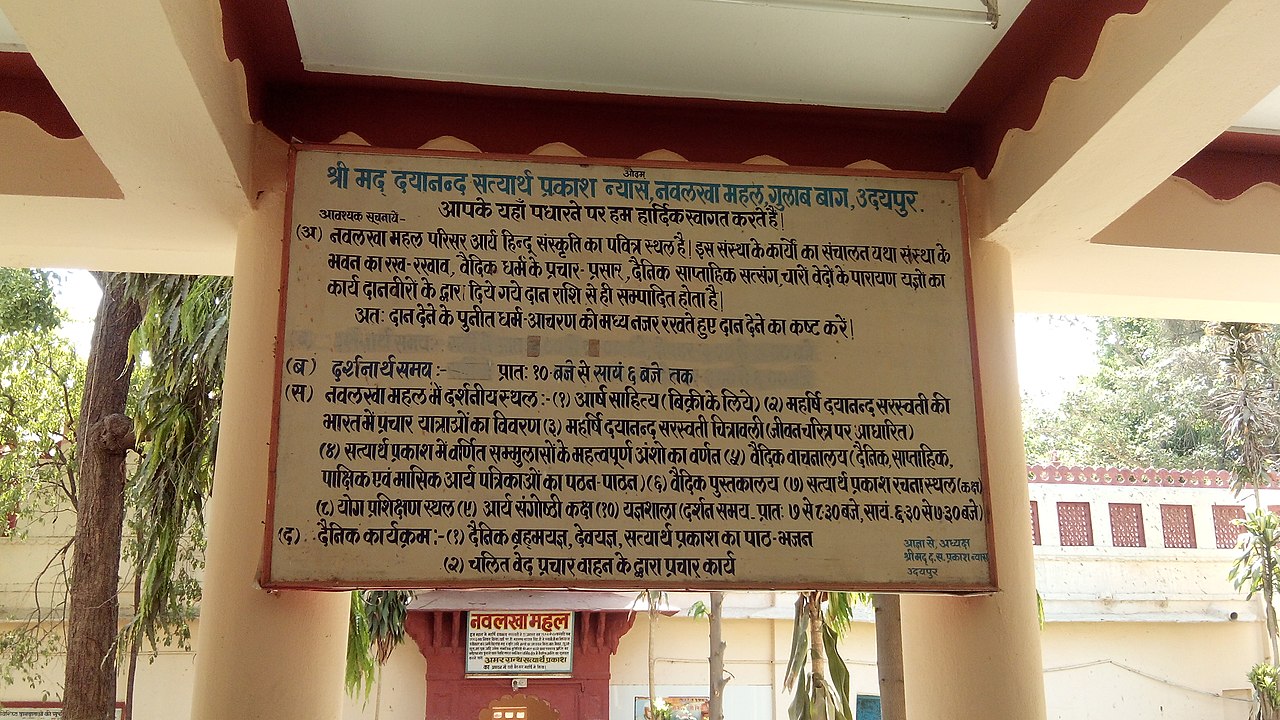
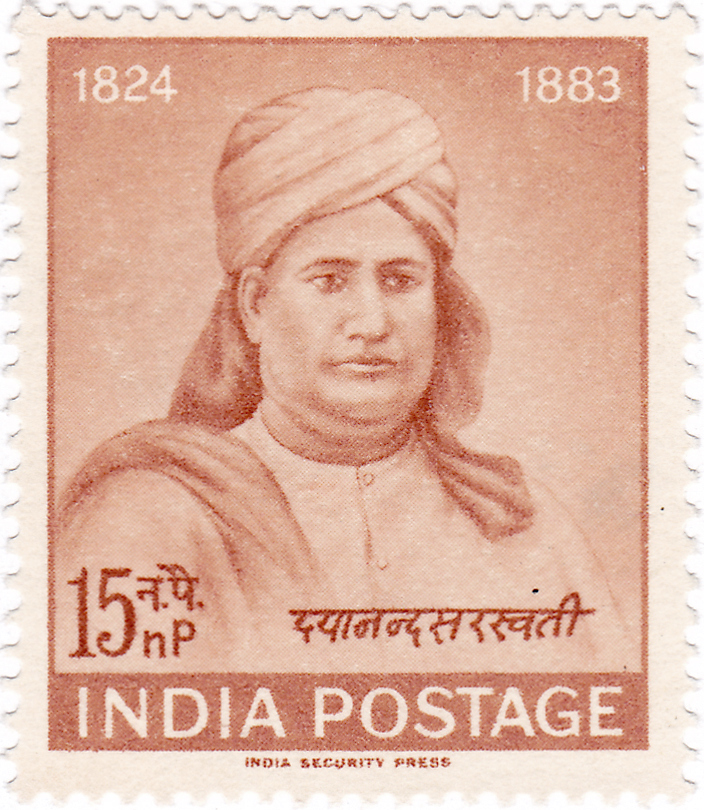




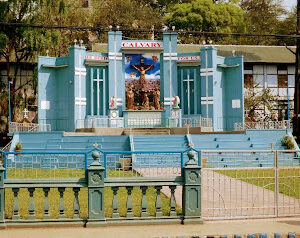

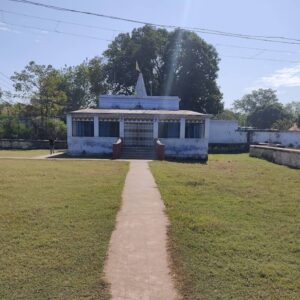


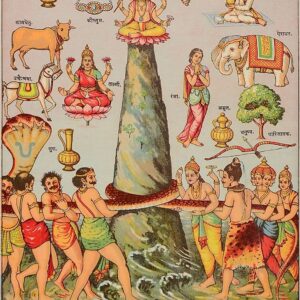

Reviews
There are no reviews yet